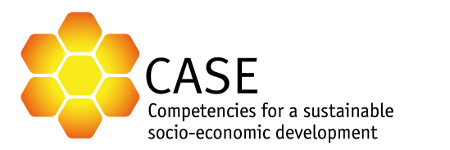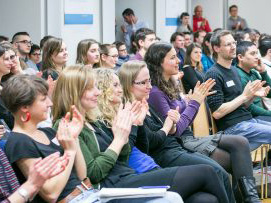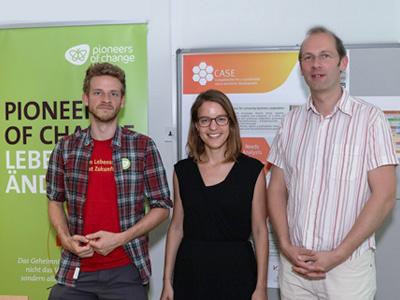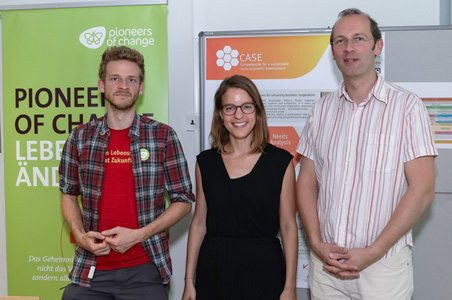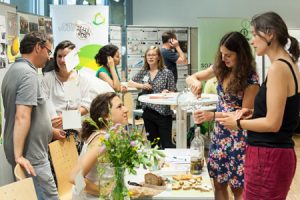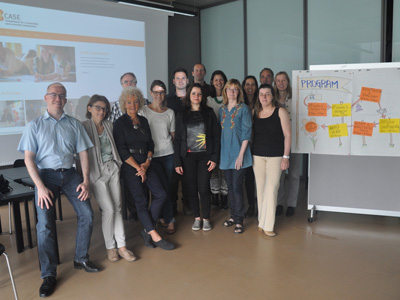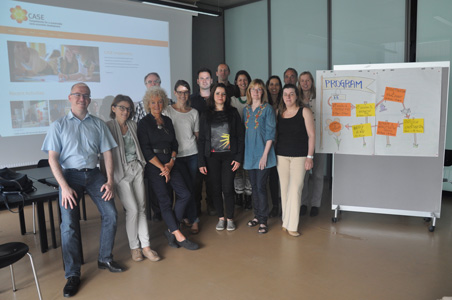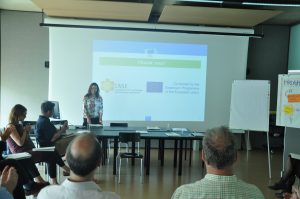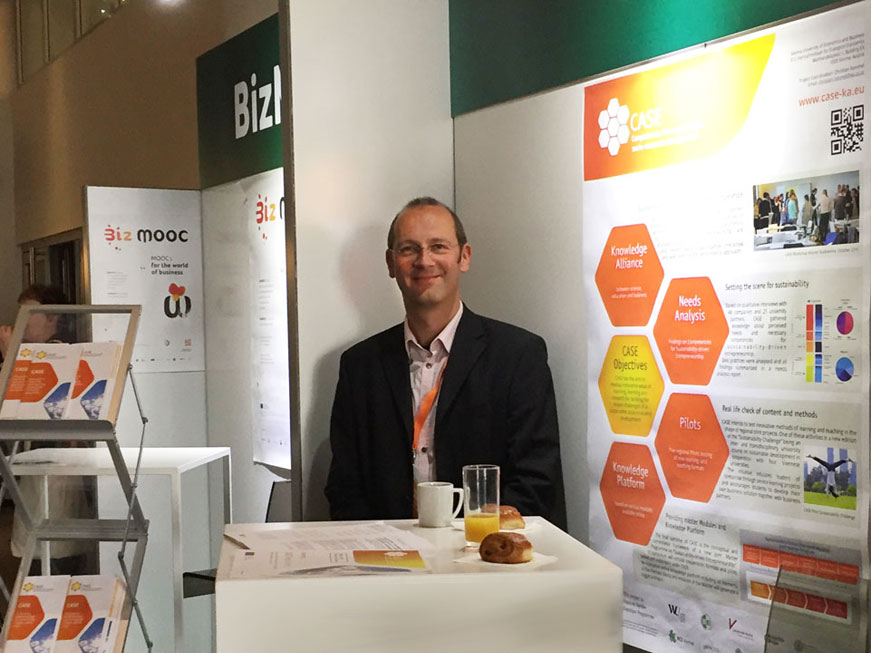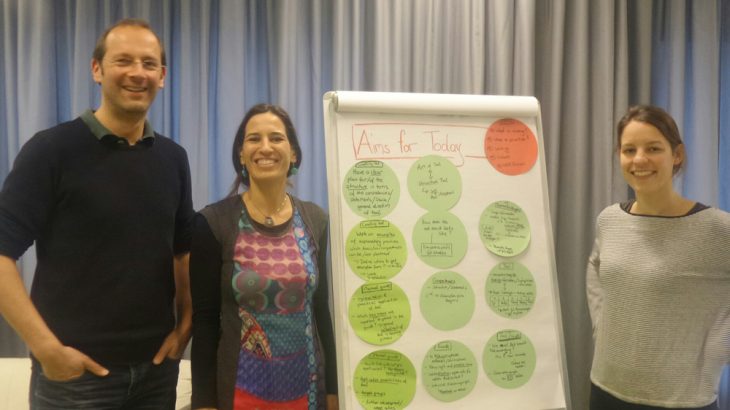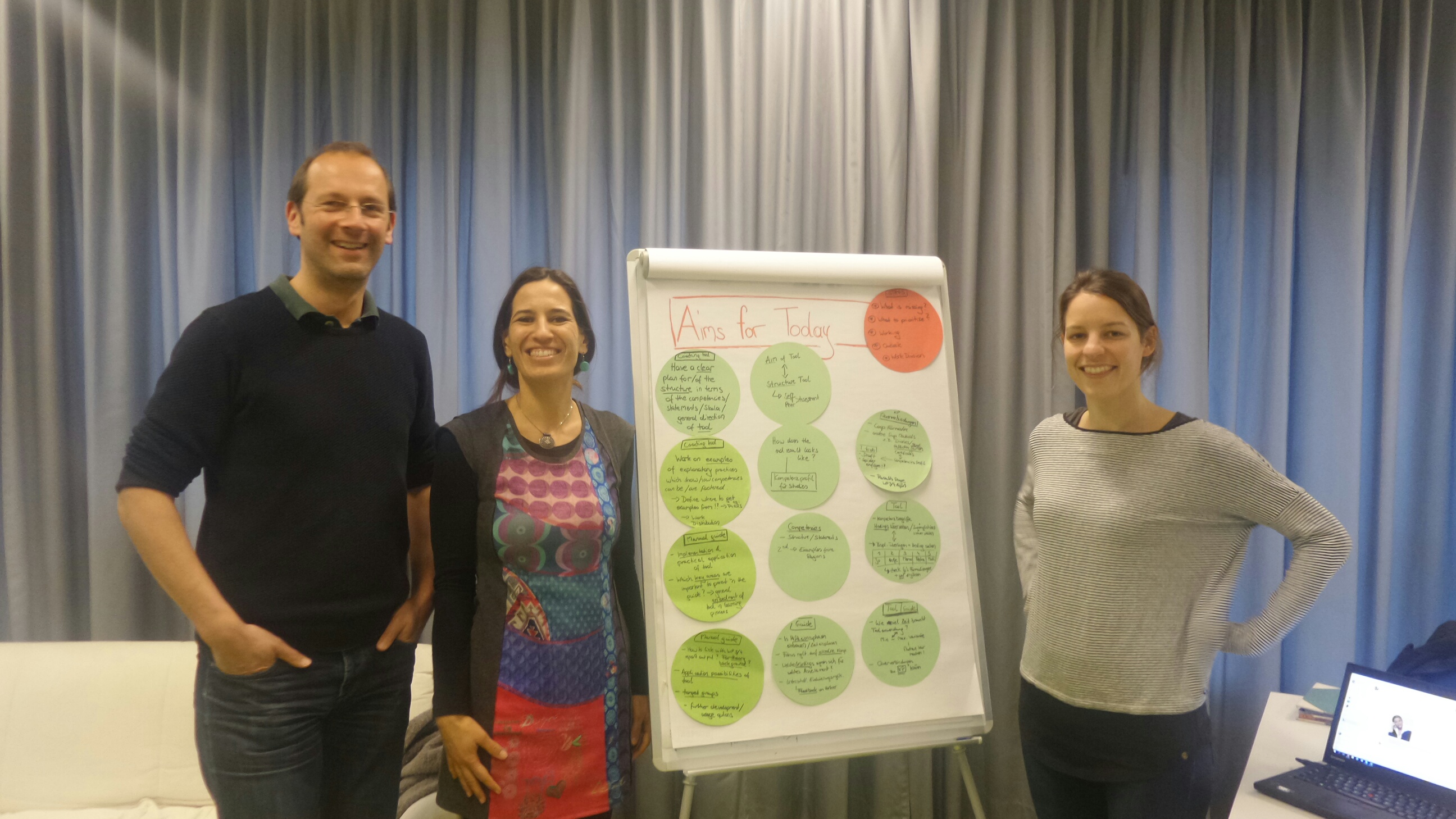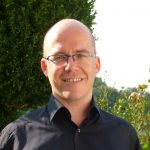
Prof. Dr. Marco Rieckmann (University of Vechta, Germany) presented CASE knowledge alliance as good practice example
From the 17th until the 21st of July 2017 the 1st Vechta-Anhui Summer School of Teacher Education took place at the University of Vechta. Aim of the summer school was to found and establish a cross-national active network between scholars and researchers from the partner region Anhui (China) and Vechta (Germany) concerning teacher education. Prof. Dr. Marco Rieckmann (University of Vechta) presented the CASE knowledge alliance as a good practice example of international educational research. The aim of the summer school was to get a better understanding of the special functioning of teacher education based upon the predominant educational systems speakers from the mentioned countries gave insights into processes of learning and special kinds of teaching environments as well as used research methods in educational contexts.
The summer school was part of the project VANTE – Vechta-Anhui Network of Teacher Education which is financed by the International Cooperation Fund of the Ministry of Science and Culture of Lower Saxon. The project includes research and teaching visits, as well as student exchanges from Vechta to Anhui and vice versa.
